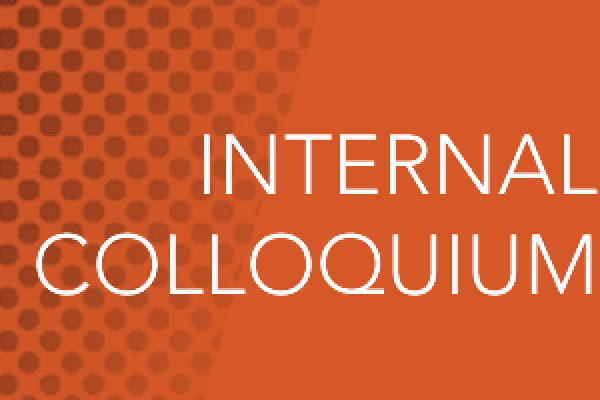
Abstract: The acceptance of a promise bears on the normative significance of the promise itself; promisee acceptance helps to ensure that the obligation to keep one’s promise is in place. Or so it will be argued – on epistemological grounds, as well as from considerations of autonomy. But what is it to accept a promise? Here’s a new proposal in terms of intentions: for B to accept A’s promise to phi is (among other things) for B to intend A’s phi–ing. The thought is that the distinctive role intentions play in practical reasoning will help us understand the agency exercised on the side of the individual who accepts a promise. I then turn to Cognitivism about intentions, the view that one’s intention to phi involves a special, non-evidentially warranted belief or expectation regarding the phi-ing. I argue that Cognitivism, in conjunction with the proposal about acceptance, can be used to defend Scanlon’s expectation-based view of promissory obligation against recent criticism by Kolodny and Wallace.
